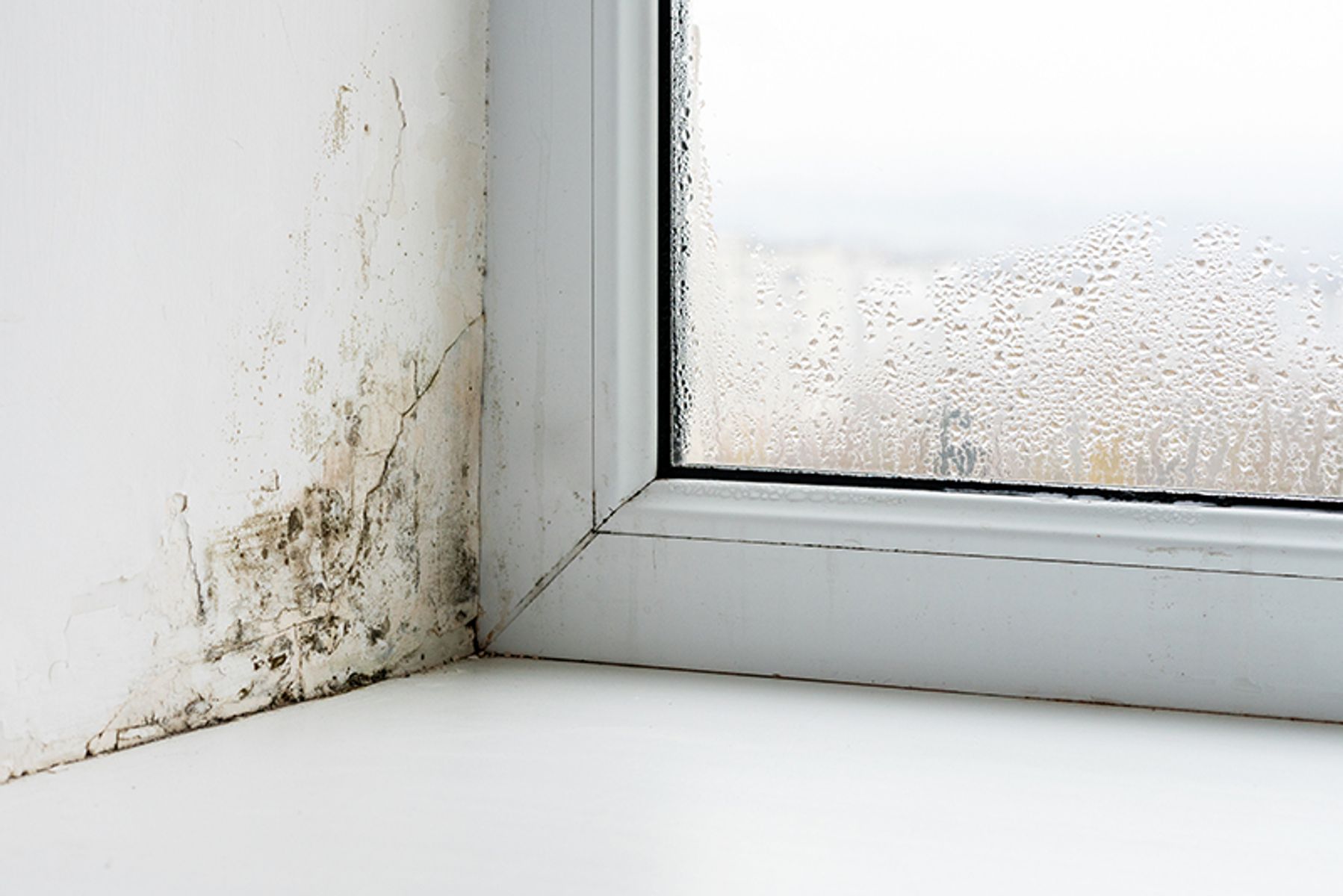Commercial property investors have different needs from residential property investors, including their property depreciation needs.
For commercial investors, claiming the highest possible depreciation deductions is a key step in maximising their after-tax cash flow, however, it is important to understand the two categories of depreciation and how they can be applied to commercial investment property.
Commercial depreciation for capital works v's plant and equipment
Both commercial and residential depreciation fall under two categories though there are slight differences as to how they are applied.

Capital works deductions
Capital works deductions are available for any commercial property that was constructed after 20th July 1982, this includes the period of time when construction commenced. This differs to the residential date which is 15th September 1987.
The other difference is the rate of capital works deductions which can change across commercial industries though remains at the same rate of 2.5% for residential property.
Plant and equipment deductions
Commercial plant and equipment assets are not affected by 2017 legislation changes, meaning that when a property is purchased with existing fittings and fixtures with depreciable value, deductions can be claimed.
In commercial industries, the life of assets can also change. Floor coverings are a great example of this, where carpet in a restaurant has an effective life of 5 years and 7 years in a hotel, however, in a residential property the effective life of the carpet is 8 years.

Carpet in a hotel has an eligible life of 7 years
Scrapping for owners and tenants
Scrapping is a term that describes the removal of depreciable assets in the renovation or demolition of an existing commercial property. Scrapping in the commercial landscape is often focused on tenant fit-outs though it is important that commercial property owners are aware of their eligibility.

Any asset or structure on the commercial property that the owner holds could qualify as a scrapped deduction. The total scrapped amount is equal to the un-deducted value of the asset at the time the scrapped item is removed.
Who can claim current incentives?
Part of the Jobmaker Plan developed to boost economic growth during the COVID-19 pandemic is the temporary full expensing policy. This policy is a history-making incentive offered to businesses to write off all eligible plant and equipment assets that were purchased between 6th October 2020 and 1st July 2022.
Businesses with an aggregated turnover of up to $5 billion can claim assets under full expensing. This means commercial investors that aren't business operators can't take advantage of it, but their tenants potentially can.

Equipment in a commercial kitchen may be considered eligible for scrapping
Should you get a site inspection prior to a commercial tax depreciation schedule?
It is important to have a professional quantity surveyor prepare your tax depreciation schedule in order for commercial owners and tenants to claim the highest possible deductions.
If a site inspection forms a part of the depreciation schedule, all parties can ensure the highest possible deductions can be claimed and compliance is maintained.
Speak to Neilson Partners' preferred depreciation specialists BMT Tax Depreciation, who have specialised in commercial depreciation for over 20 years. BMT will ensure you claim the most deductions possible to maximise your cash flow.
Alternatively, please feel free to contact your First National Commercial Neilson Partners team should you have any further queries.







